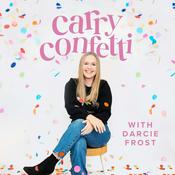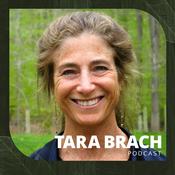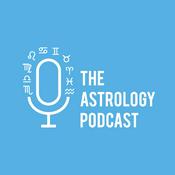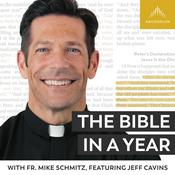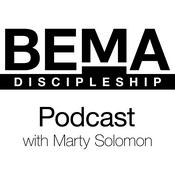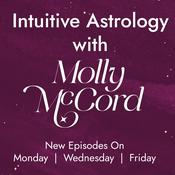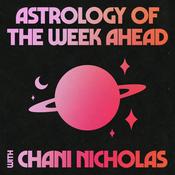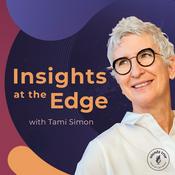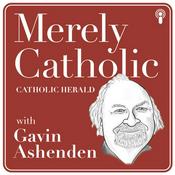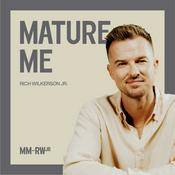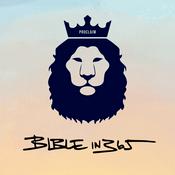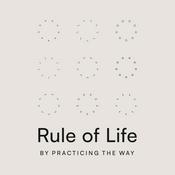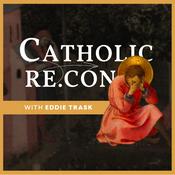247 episodes
- A season of reflection led us back into years of past conversations, where unexpected threads began to intertwine. In this episode, we bring those threads into conversation with each other—voices like Makoto Fujimura, Praveen Sethupathy, Krista Tippett, Mike McHargue, and Bill Newsome—to explore how both science and faith gesture toward wholeness in a world marked by fracture. Themes of mending, spiritual hunger, rest, and stubborn hope surface anew as these earlier moments speak to one another in ways we couldn’t have anticipated at the time. What emerges is less a retrospective and more a fresh way of seeing: an invitation to notice the cracks, name them honestly, and discern the gold that might do the work of mending.
Clips from this episode are from:
Makoto Fujimura, Episode 110, 2022
Praveen Sethupathy, Episode 120, 2022
Krista Tippett, Episode 15, 2019
Mike McHargue, Episode 24, 2019
Bill Newsome, Episode 77, 2021 - In a world that has sometimes been called “disenchanted,” we have to ask, does science really strip the world of mystery—or might science actually awaken us to something deeper? Sociologist Brandon Vaidyanathan has been exploring this question through his research on spiritual yearning among scientists, revealing that even in secular contexts, the search for meaning and connection runs deep. We also hear a reflection from physicist and writer Alan Lightman, who tells two stories of transcendent moments from his own life and anthropologist Agustín Fuentes helps trace the roots of transcendence back into our human ancestors. When we listen closely to scientists’ stories, we hear not just the search for knowledge, but an echo of something deeper—a yearning to connect to something science can’t explain.
Theme song and credits music by Breakmaster Cylinder. Other music in this episode by Vesper Tapes, Elizabells, Youth Faire, Magnetize Music, and Glory House, courtesy of Shutterstock, Inc.
Interviews Quotes were taken from Brandon's research were taken from published work and generated to voice AI.
Learn more about Brandon's Research Project Here
Find the conversation between Richard Dawkins and Francis Collins here - You might think of ferns—if you think of them much at all—as the unassuming and understated members of the plant world. What could they teach us about philosophy or theology or wonder? It turns out quite a lot. When we explore that strange world of fern reproduction and learn about the two life phases of ferns it brings up questions about identity and what it means to be an individual. And the exploration itself becomes a practice of wonder and celebration of the diversity of life God creates.
Theme song and credits music by Breakmaster Cylinder. Other music in this episode by Northern Points, Evan MacDonald, Superlegal, Pink Marble, Sarah Chapman, Lost Harmonies, Geoffrey Jerrall, and Klimenko Music, courtesy of Shutterstock, Inc. - Theologian Rebecca Copeland joins Jim Stump to talk about how we think about sin in a world full of wicked problems—complex, interconnected issues like climate change, inequality, and mistrust in science. Our usual theological categories often fall short: sin as personal moral failure doesn’t capture the systemic nature of these problems, and sin as an inherited condition can leave us feeling powerless. Copeland offers another way of understanding sin—what she calls unoriginal sin—that helps us recognize both our complicity in broken systems and our capacity for repentance and healing. The conversation moves from deep theology to practical questions about how we live responsibly and hopefully in a tangled, imperfect world.
Theme song and credits music by Breakmaster Cylinder. Other music in this episode by Nick Petrov, courtesy of Shutterstock, Inc.
Check out Rebecca's Book, Entangled Being, here.
More Religion & Spirituality podcasts
Trending Religion & Spirituality podcasts
About Language of God
Sharing stories of people who have found a better way of understanding the harmony between science and Christian faith.
Podcast websiteListen to Language of God, Carry Confetti and many other podcasts from around the world with the radio.net app
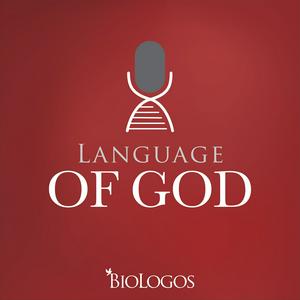
Get the free radio.net app
- Stations and podcasts to bookmark
- Stream via Wi-Fi or Bluetooth
- Supports Carplay & Android Auto
- Many other app features
Get the free radio.net app
- Stations and podcasts to bookmark
- Stream via Wi-Fi or Bluetooth
- Supports Carplay & Android Auto
- Many other app features


Language of God
Scan code,
download the app,
start listening.
download the app,
start listening.

